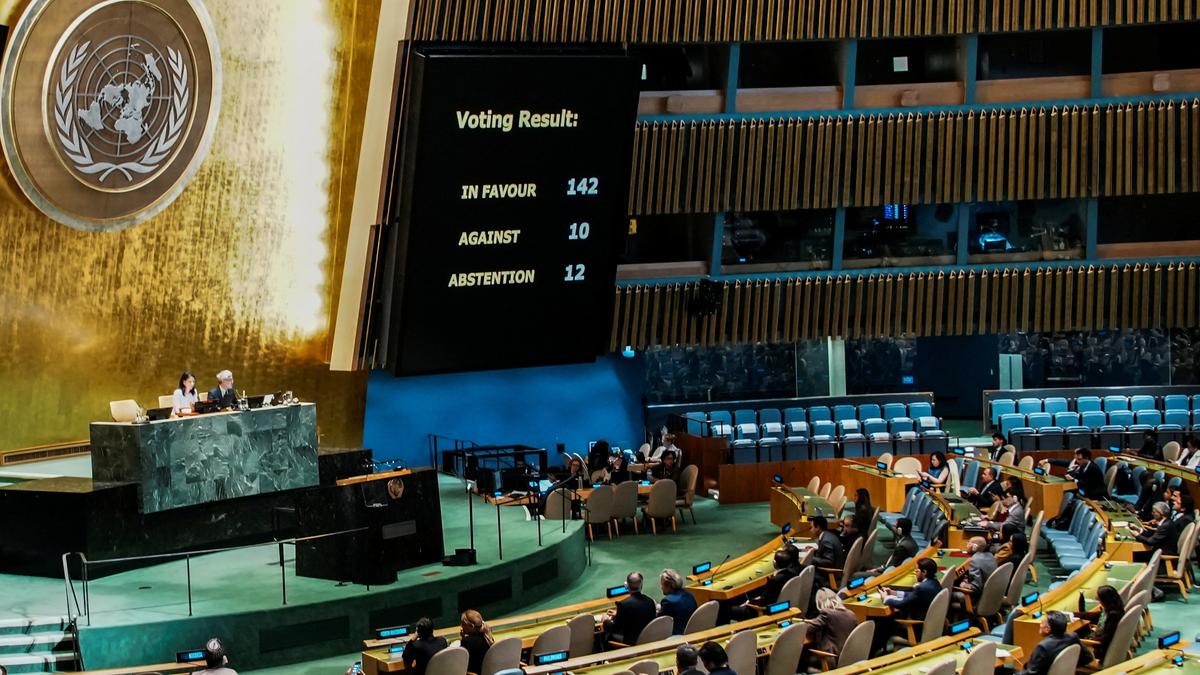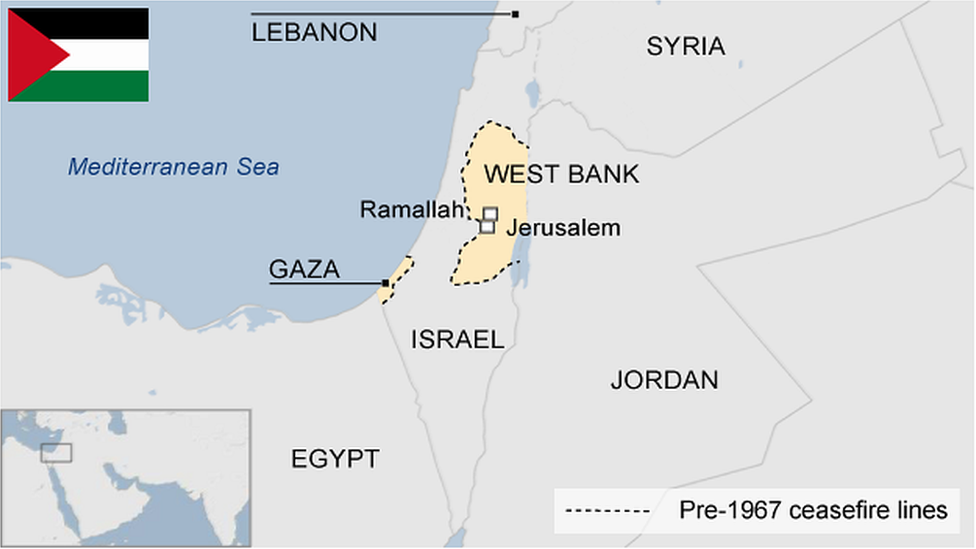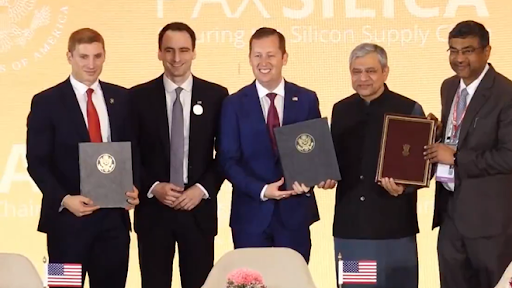



India's vote to support a UN General Assembly resolution aligns with the 'New York Declaration', demonstrating its commitment to a peaceful, two-state solution for the Israeli-Palestinian conflict, promoting regional peace and stability.

Copyright infringement not intended
Picture Courtesy: THE HINDU
India voted in favour of a UN General Assembly (UNGA) resolution on the peaceful settlement of the Palestine issue and the implementation of the two-state solution.
|
Read all about: INDIA'S STAND ON PALESTINE ISSUE l INDIA-PALESTINIAN RELATIONS l ISRAEL PALESTINE CONFLICT |
New York Declaration: Adopted at a high-level conference co-chaired by France and Saudi Arabia, it calls for collective action to end the Gaza war and implement the two-state solution for a just and lasting Israeli-Palestinian settlement.
Two-State Solution: Advocates peaceful coexistence of a sovereign, viable Palestinian State alongside Israel within secure and recognized borders.
Calls on Israel: Urges Israeli leadership to:
Gaza and West Bank: Emphasizes Gaza as an integral part of a Palestinian State, unified with the West Bank, with no occupation, siege, or forced displacement.
Global Support: 142 nations, including India, voted in favour; Argentina, Hungary, Israel, and the US were among the 10 voting against.
Global Consensus: The 142 votes reflect a near-universal call for peace and Palestinian self-determination, countering unilateral actions.
Regional Stability: The resolution addresses the Gaza war’s human toll and its threat to regional and international peace, urging immediate cessation of hostilities.
Reaffirmation of Rights: Supports the Palestinian right to self-determination, aligning with international law and UN principles.
Countering Escalation: Condemns settlement expansion and violence, aiming to prevent further conflict deepening in the Middle East.
Historical Commitment
India was the first non-Arab country to recognize the Palestine Liberation Organization (PLO) in 1974 and the State of Palestine in 1988.
Consistently votes in favour of pro-Palestinian UN resolutions.
Supports Palestine’s membership in international bodies (e.g., UNESCO, UNGA observer status in 2012).
Two-State Advocacy: India supports a sovereign Palestinian State with East Jerusalem as its capital, based on pre-1967 borders, alongside Israel.
 High-Level Engagement
High-Level Engagement
Prime Minister Modi’s 2018 visit to Palestine (first by an Indian PM).
Former President Pranab Mukherjee’s 2015 visit (first by an Indian President).
Development Assistance: Provided $141 million in aid to Palestine, also provided $39 million of budgetary support to the Palestinian Authority.
Balanced Diplomacy: Maintains a strategic partnership with Israel in defence, agriculture, and innovation while upholding principled support for Palestine.
UN Position: Emphasizes:
Source: THE HINDU
|
PRACTICE QUESTION Q. Analyze the impact of India’s position on Palestine on its relations with Israel and the wider Middle East. 150 words |
It is a framework for peace that envisions an independent Palestinian state alongside the State of Israel.
It is a diplomatic declaration endorsed by the UNGA resolution, aimed at a peaceful settlement of the Israeli-Palestinian conflict.
India's vote reaffirms its long-standing support for a two-state solution and the right to self-determination for the Palestinian people.




© 2026 iasgyan. All right reserved